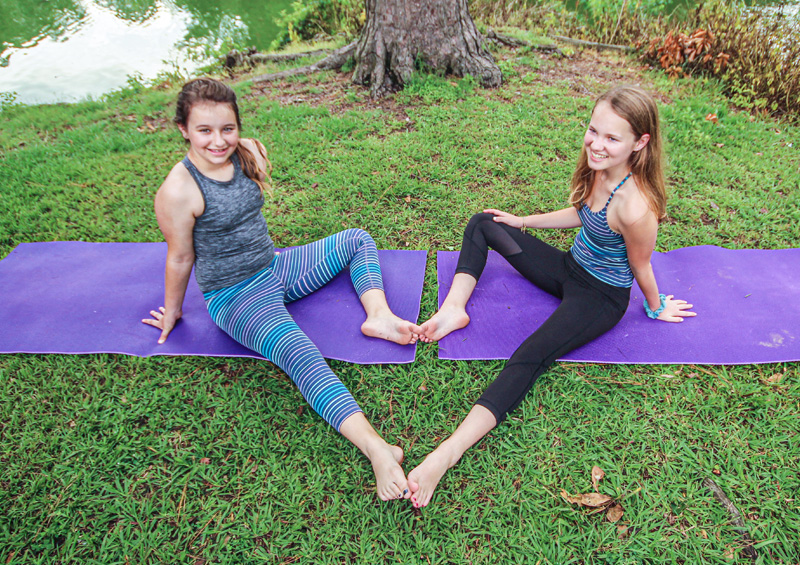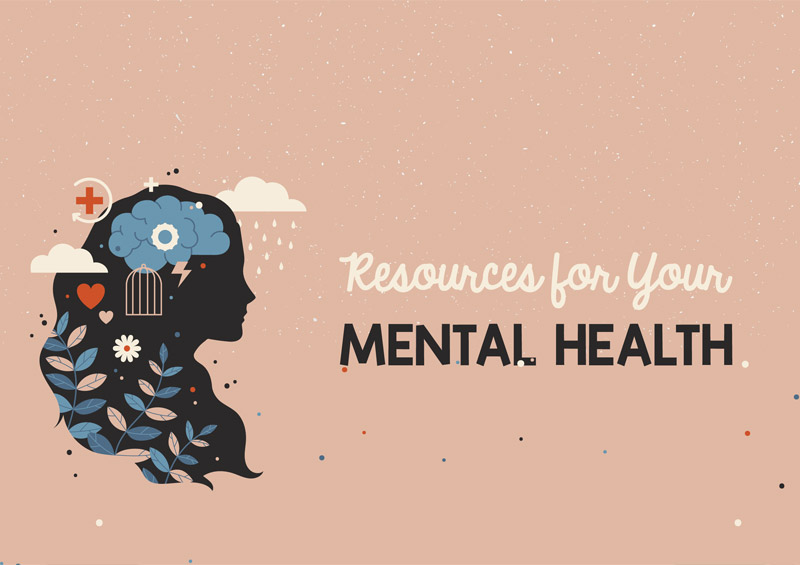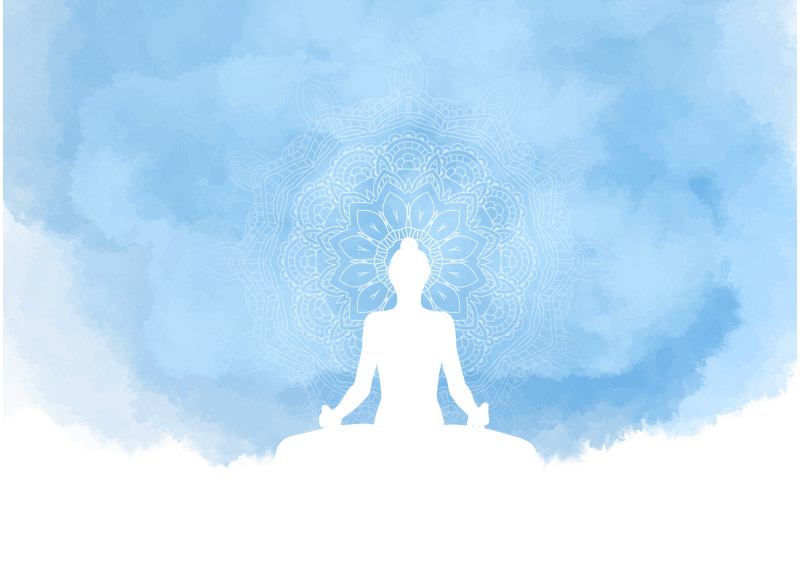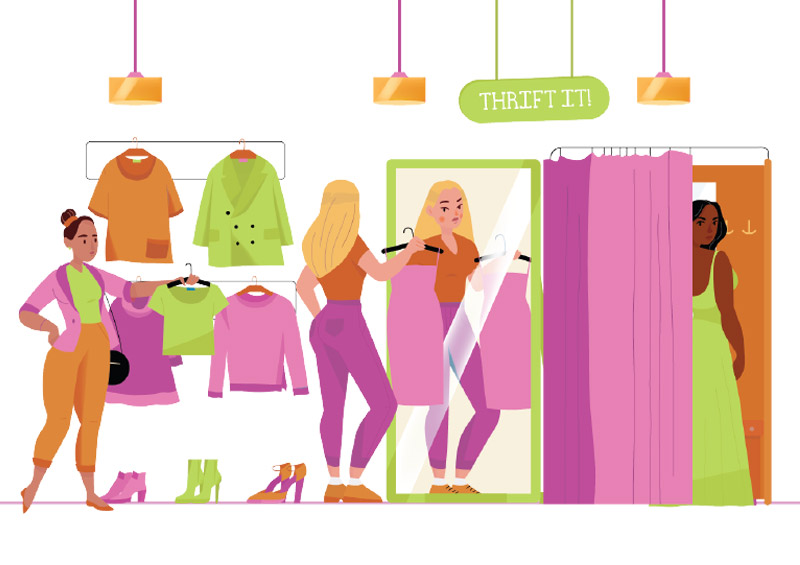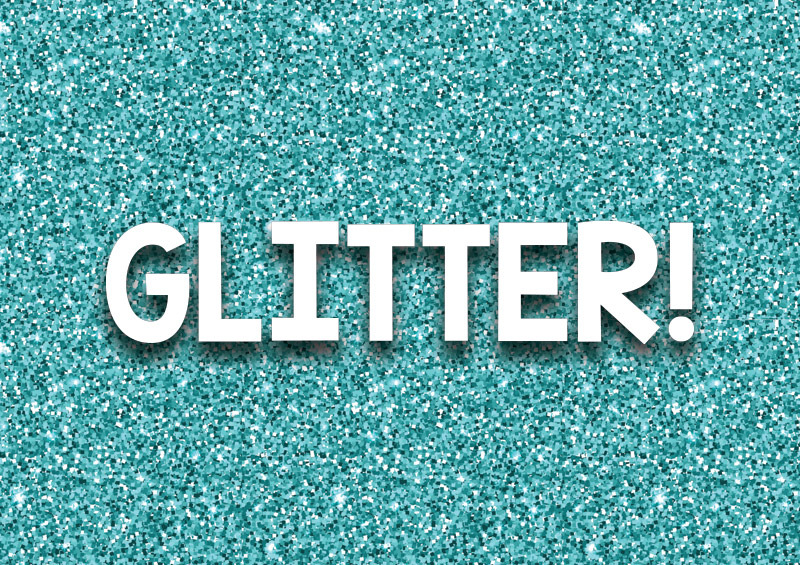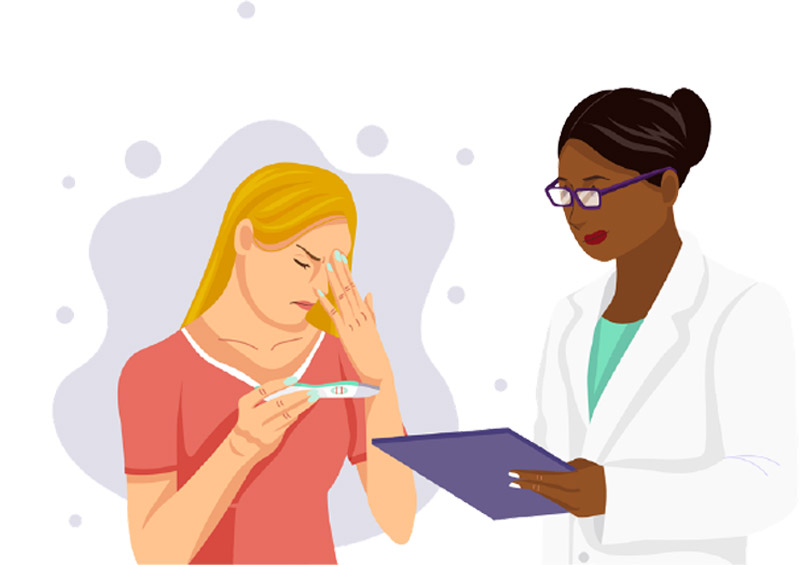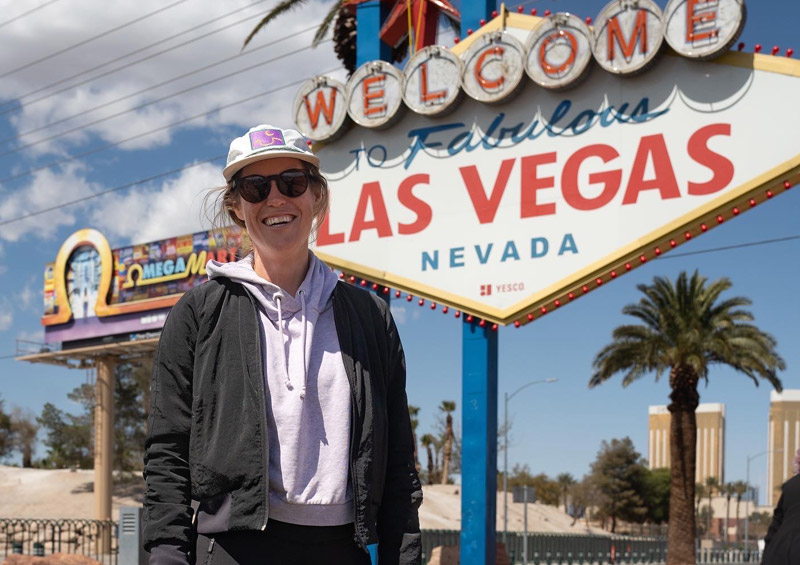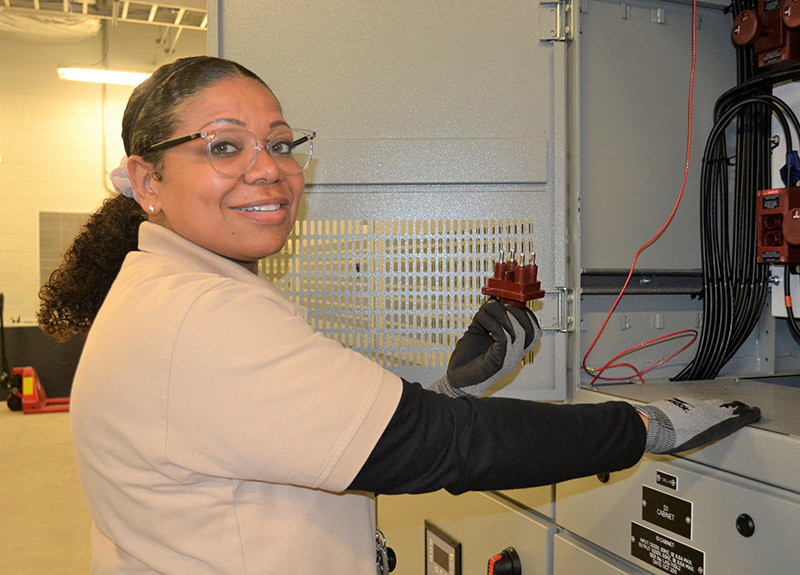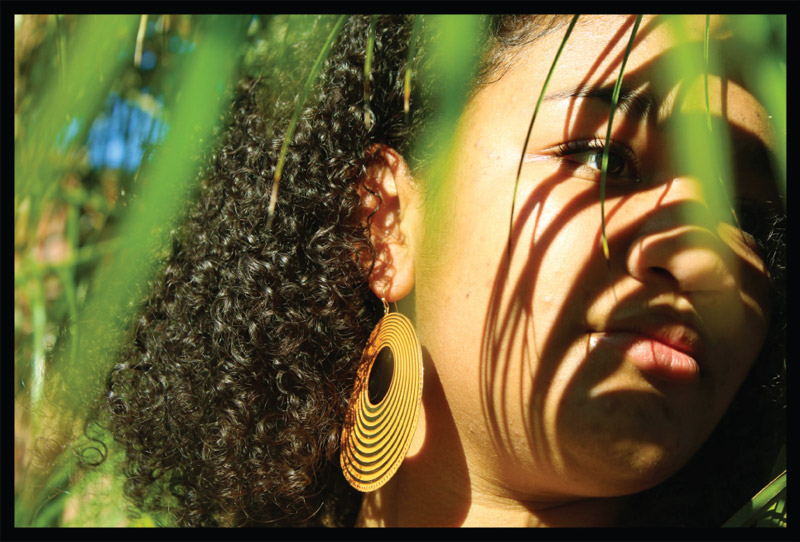DARKER-SKINNED BLACK WOMEN have always been treated differently than women who are lighter skinned. It goes back to the slavery period in the United States where dark-skin-ned enslaved women worked in the fields and lighter-skinned enslaved women had the “privilege” of working as maids in the house, which was less labor-in-tensive and had fewer physical repercussions.
Discrimination based on the color of someone’s skin is colorism, which has become an even larger problem in black communities, worsened by the effects of Hollywood’s standards of black beauty. It is hard for African-American women with darker complexions to become successful actresses because producers and screenwriters are hooked on exotic black females who look more multiracial than solely black. Darker-skinned black men like Denzel Washington are more likely to be successful than darker-skinned black women like Viola Davis.
Hollywood doesn’t seem to see anything wrong with the way women of darker skin tone are portrayed in movies opposed to women with lighter skin tone. But it doesn’t always go over well. When Zoe Saldana portrayed Nina Simone, one of the greatest musicians, women on social media did not like the idea of a light-skinned woman playing the role of a darker-skinned woman. And then there was the huge controversy about Beyoncé being cast as Saartjie “Sarah” Baartman, a dark-skinned woman who was seen as a circus act to white men due to her large butt.
The media has a big innfluence on society and is perpetuating colorism, which is why most young black girls don’t appreciate their skin. They are used to boys praising women with lighter complexion and degrading women who are darker (and they even do that when they are just as dark-skinned!). People are ignorant enough to believe social media and Hollywood’s stereotypes.
Social media is wrong — and also Hollywood — because black women are more than their skin color. We have women like Chimamanda Ngozi Adichie, a powerful writer, and Khoudia Diop, who is only 19 years old and became a successful model (though she first went through bullying in school because of her dark skin). These two women prove society and media wrong when it comes to women of color only being seen as unintelligent, loud, ghetto, and mean. Society does not want to see strong powerful black women succeed; if the media and Hollywood do show interest in women of color, they go for lighter-skinned women of color who look more like white women because they only want predominantly white females, and men, to succeed.
People should care — especially in black communities where most of the colorism occurs. Our young black girls are being affected by this mindset that you have to look a certain way to be acceptable, which is why I try to be different by accepting the LGBTQ community, praising women of color, and not falling into the stereotypes people expect you to be. Everyone should be inclusive and no one should be degraded by other minority groups or majorities because it makes our country look bad as a whole.
In contrast, I would like to praise the movie “Black Panther” because it presents women of color in a positive light. The predominantly black cast has dark-complexioned women, such as Lupita Nyong’o and Angela Bassett, as Warriors, Queens, and Goddesses. These are two strong black women that young girls are going to look up to. Seeing a female role model with the same skin tone is very powerful, and the movie overall is symbolic. Hopefully Hollywood takes note and further acknowledges black women and their potential. Everyone, no matter their race, should see this movie to gain understanding of African and Black Americans’ culture and the deep message behind the movie.




